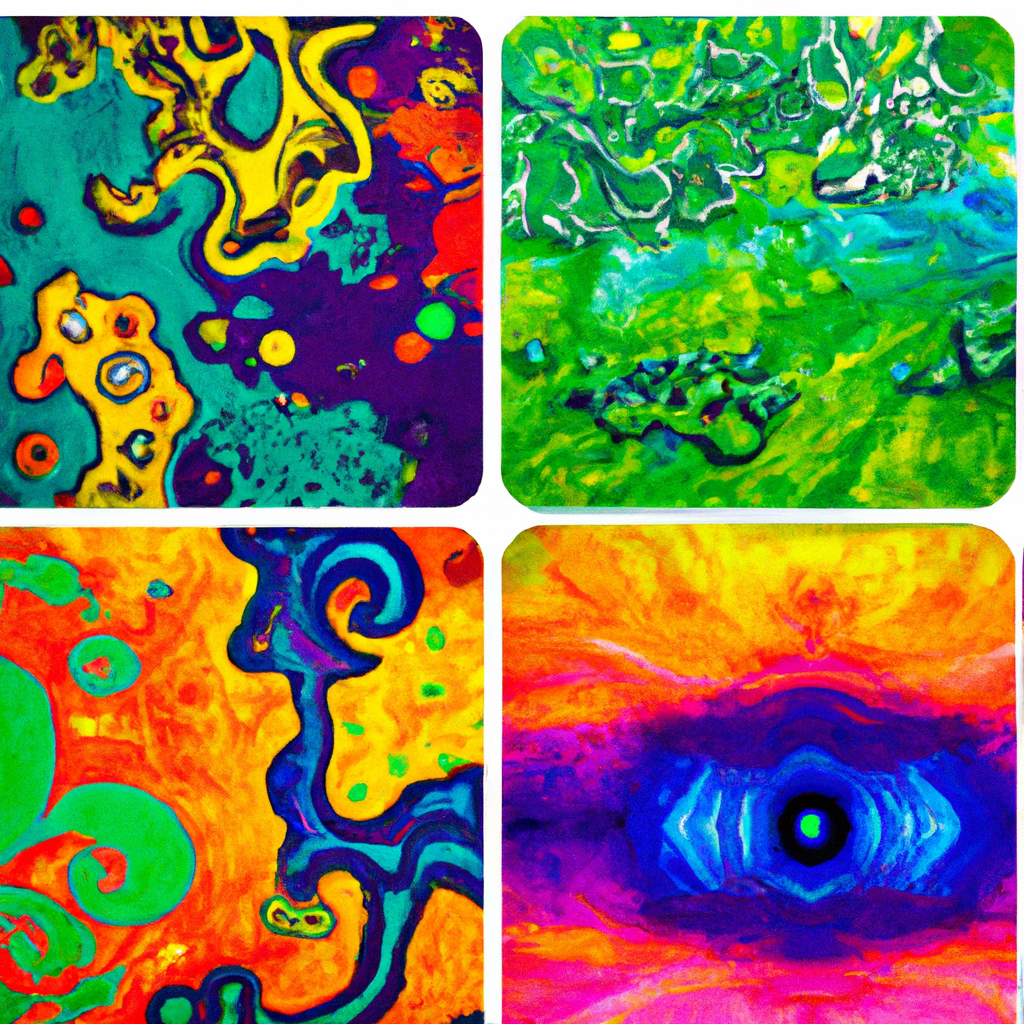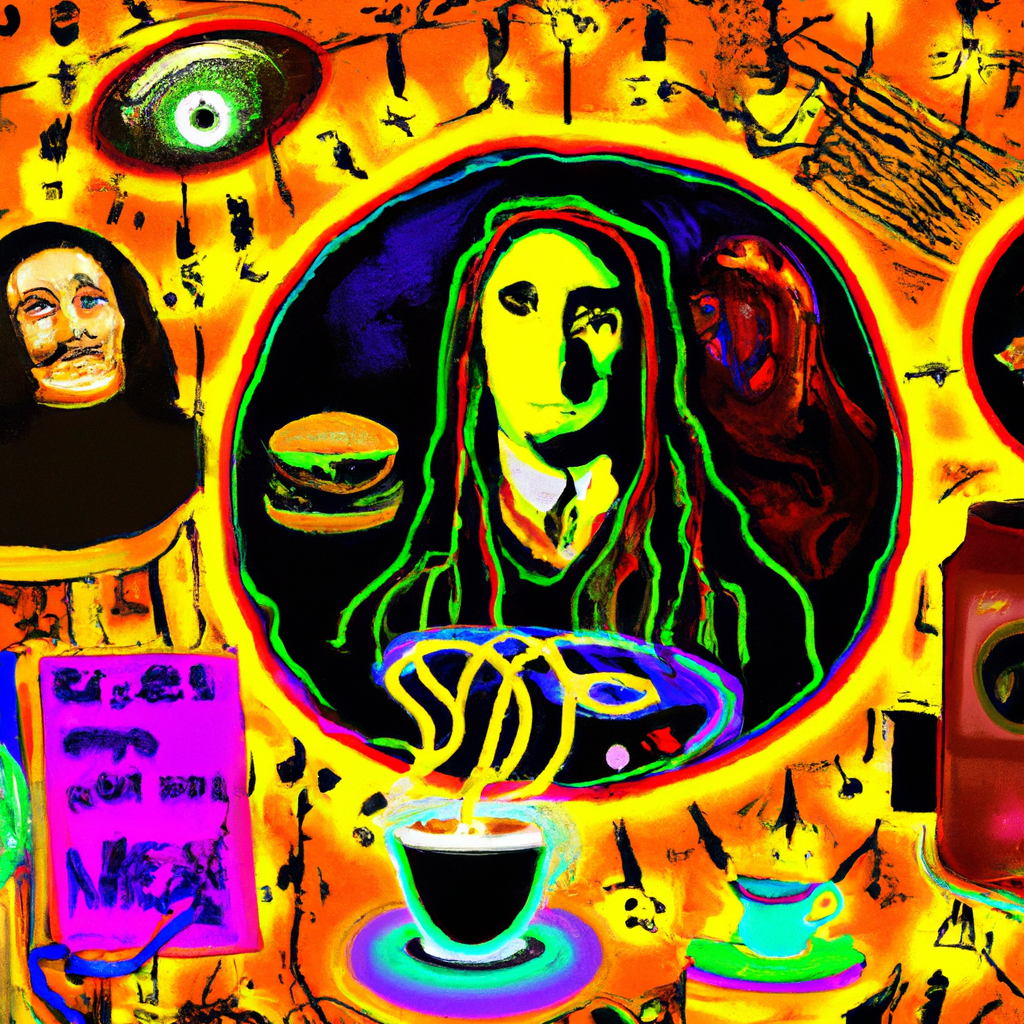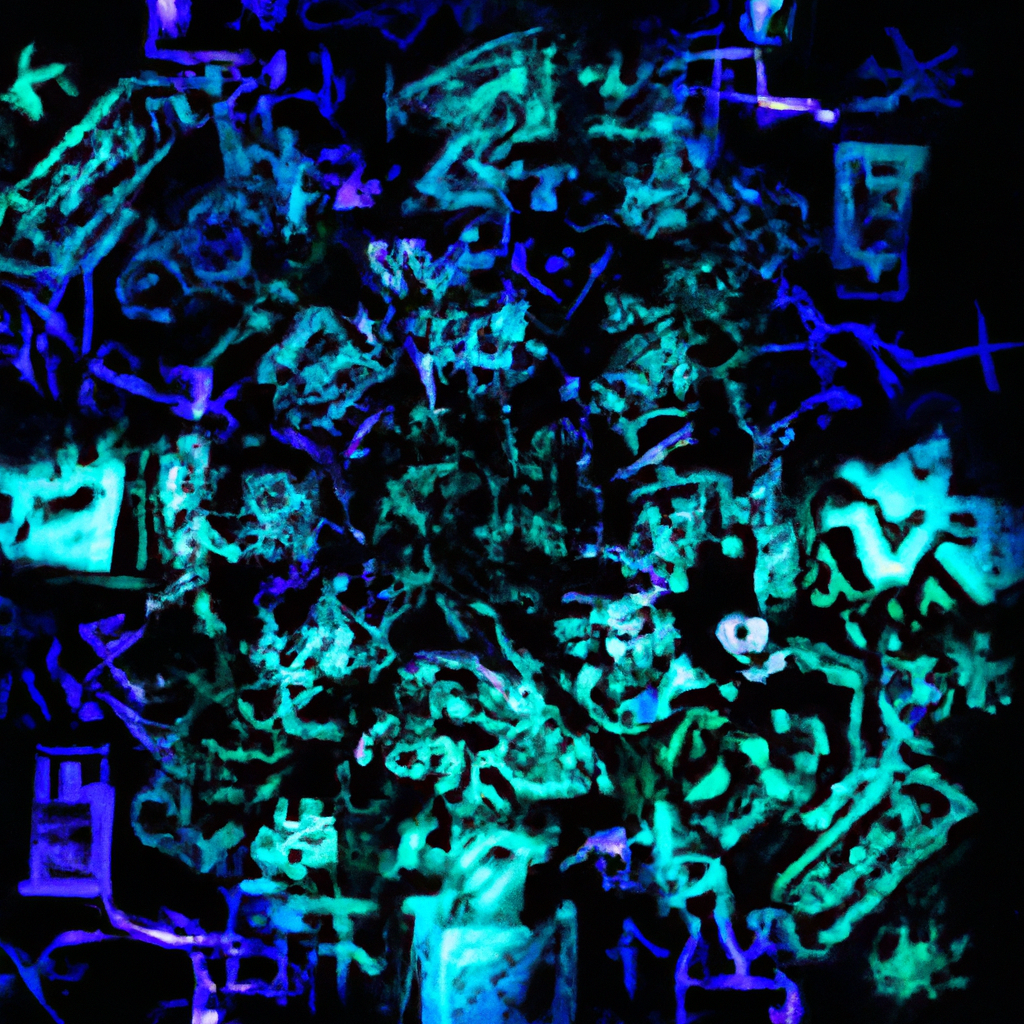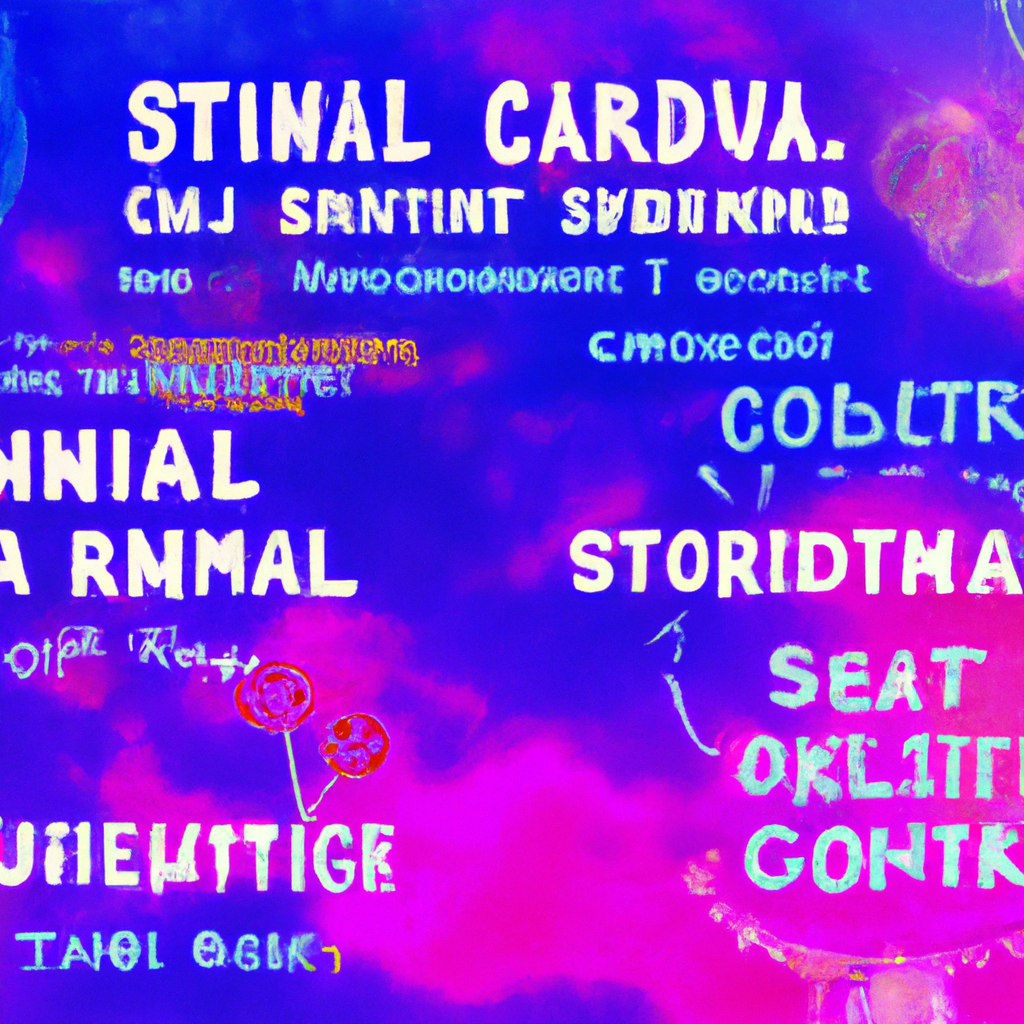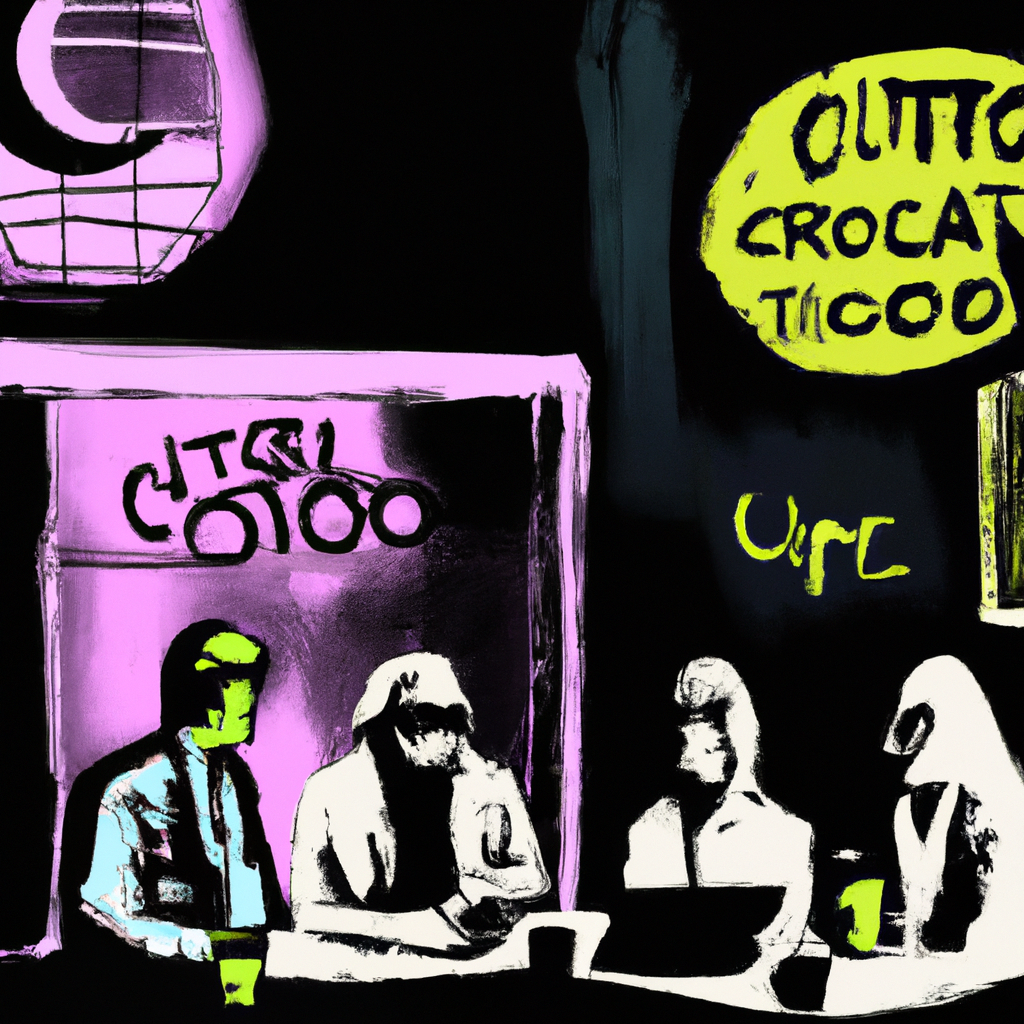In a world that often feels as though every mystery has been unravelled and every frontier mapped, the ocean’s depths remind us of nature’s infinite capacity for surprise. Picture, if you will, a place where the very essence of life seems incompatible with existencea world so alkaline that it makes the Dead Sea look like a gentle mineral bath. And yet, in this inhospitable realm, life not only persists but thrives.
The Claim
Recent headlines have been abuzz with the discovery of microbial life in an oceanic environment previously thought incapable of supporting life. With a pH of 12, this environment challenges our understanding of life’s limits. The microbes’ survival, facilitated by metabolizing methane and sulfate, not only informs us about deep-sea carbon cycling but also hints at life’s origins in extreme conditions.
What We Found
It turns out, the notion that life could not exist in such alkaline conditions is a misconception rooted in our limited terrestrial perspective. Researchers have long suggested that extremophilesorganisms thriving in extreme conditionsmight exist in Earth’s most forbidding corners. This discovery, facilitated by lipid biomarkers, is less about rewriting the rulebook and more about embracing the complexities of life’s adaptability.
Cultural Context or Why It Matters
Why should we care about microbes living in the ocean’s depths? Beyond the scientific implications, this discovery challenges our perceptions of life’s possibilities. In a culture obsessed with boundariesbe they political, social, or existentialthese microbes are the ultimate rebels, defying the odds and encouraging us to ask: What other boundaries might we transcend? Could the study of these organisms inform our search for life beyond Earth, perhaps on Mars or Europa?
As we ponder these questions, we must consider the ethical implications of our scientific pursuits. Are we prepared for the moral responsibilities that come with potentially discovering extraterrestrial life? In our quest for knowledge, we must tread carefully, ensuring that our curiosity does not outpace our wisdom.
The Sources
- Nature Journal – Extreme Life Forms
- Science Daily – Original Article
- NASA – Life in Extreme Conditions
The SaltAngelBlueVerdict: True
The discovery of life in such extreme conditions is not only plausible but confirmed, expanding our understanding of life’s adaptability.

